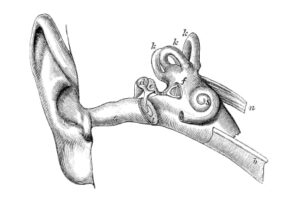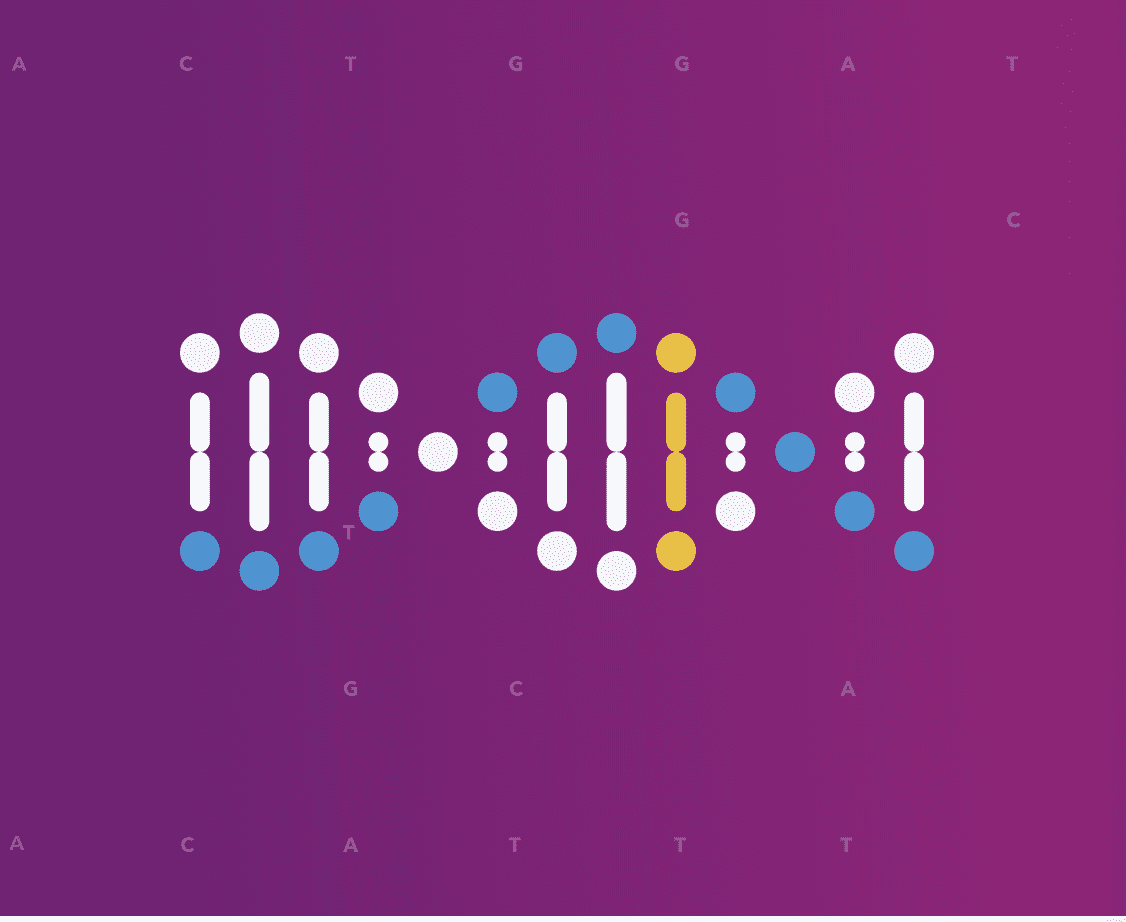23andMe updated its report on an inherited condition characterized by mild to profound hearing loss.
The update to 23andMe’s Nonsyndromic Hearing Loss and Deafness, DFNB1 (GJB2-Related) Carrier Status report* adds six variants that improve the coverage of the test for people with East Asian, Southeast Asian, and South Asian ancestry.
“We are extremely excited about this report update, which allows us to provide new and meaningful genetic information to tens of thousands of our customers,” said 23andMe Product Scientist Ruth Tennen. “This is one step forward in our efforts to make our health reports more equitable, and to work toward a future in which people of all ancestries can access, understand, and benefit from the human genome.”
The drive behind this update was to add variants that would make the report more relevant to people of diverse ancestries. Because being a carrier for DFNB1 is quite common in people of East Asian and Southeast Asian descent, we prioritized adding variants that are commonly found in those populations. With the addition of the new variants, up to 15 percent of our East Asian and Southeast Asian customers will receive an update indicating that they have a variant detected. More than 1 percent of our South Asian customers will receive a similar update. In total, more than 100,000 Health + Ancestry Service customers across all ancestries will receive an updated report with a new variant detected.
What is DFNB1?
This form of nonsyndromic hearing loss and deafness, or DFNB1, is characterized by mild to profound hearing loss that is typically present from birth.[1] The condition is caused by variants in a gene called GJB2, which contains instructions for making a protein that helps transport potassium ions and other molecules between cells. Because proper movement of potassium ions in the inner ear is needed for the brain to process sound, variants that disrupt the function of the GJB2 gene can cause hearing loss.
The condition is autosomal recessive, which means that a person must inherit two GJB2 variants — one from their mom and one from their dad — in order to have the condition. People with just one GJB2 variant are called carriers. They’re not expected to have the condition themselves, but they could pass their variant on to their future children. If two carriers have children, there’s a 25 percent chance that each child may have DFNB1. DFNB1 is the most common form of autosomal recessive nonsyndromic hearing loss, accounting for up to half of all cases.[2][3]
About one in 20 people of Ashkenazi Jewish descent,[4] one in 20 people of European descent, [5][6] and up to one in 4 people of East Asian and Southeast Asian descent[7][8][9] is a carrier for DFNB1. (Being a carrier for DFNB1 is also common in people of other ancestries, but precise estimates are not currently available.)
Details on the report update
In our recent report update, we added 6 new variants to the Nonsyndromic Hearing Loss and Deafness, DFNB1 (GJB2-Related) Carrier Status report. These additional variants include some that are particularly common in people of East Asian, Southeast Asian, and South Asian descent. The newly added variants are also frequently found in people of Ashkenazi Jewish, European, Ghanaian, and Hispanic/Latino descent. The previous version of the report included two variants that are most common in people of Ashkenazi Jewish and European descent.
The improvements between the previous version of the report and the updated version are extensive. For example, our previous report was expected to detect fewer than 1 percent of carriers of East Asian and Southeast Asian descent; the updated report detects 75-99 percent of these carriers, depending on the region of ancestry.[10] Among people of South Asian descent, the carrier detection rate improved from 0-73 percent to 48-92 percent. In addition, one of the new variants is particularly common in people of Ghanaian descent and provides more than 90 percent coverage for that population.[10]
Actionable health information
Although DFNB1-related hearing loss is not reversible, learning one’s carrier status can help prospective parents prepare and learn more about support options, including hearing aids, cochlear implants, and educational programs. However, it’s important to note that not everyone who inherits two GJB2 variants (one from each parent) will experience noticeable hearing loss. The degree of hearing loss can also vary depending on which genetic variants a person has, as well as other factors.
In addition to providing carrier status information, the updated report can now inform customers if they have two copies of some tested variants. It can also tell customers with certain combinations of variants that people with their result may have DFNB1-related hearing loss.
The updated Nonsyndromic Hearing Loss and Deafness, DFNB1 (GJB2-Related) Carrier Status report is available to 23andMe Health + Ancestry Service customers who are genotyped on the V5 version of our chip.
References:
*The 23andMe PGS test uses qualitative genotyping to detect select clinically relevant variants in the genomic DNA of adults for the purpose of reporting carrier status and reporting and interpreting genetic health risks. The relevance of each report may vary based on ethnicity. Our carrier status reports can be used to determine carrier status, but cannot determine if you have two copies of any genetic variant. These carrier reports are not intended to tell you anything about your risk for developing a disease in the future or anything about the health of your fetus, or your newborn child’s risk of developing a particular disease later in life. For certain conditions, we provide a single report that includes information on both carrier status and genetic health risk. The Nonsyndromic Hearing Loss and Deafness, DFNB1 (GJB2-Related) carrier status report is indicated for the detection of eight variants in the GJB2 gene. The report can tell you if you have two copies of some tested variants, and if you are at risk of having hearing loss related to DFNB1, but does not describe your overall risk of having DFNB1-related hearing loss. This test is relevant for people of many, but not all, ethnicities.




